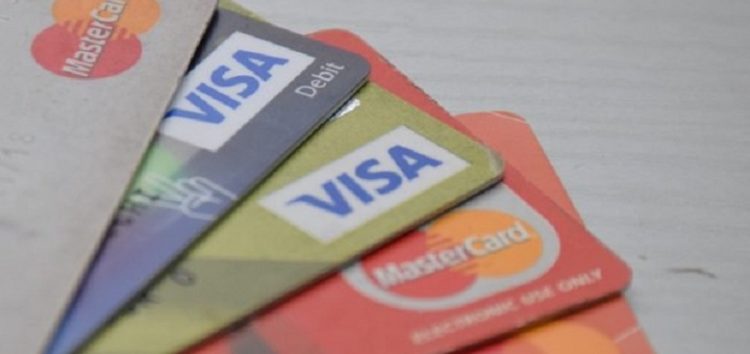As more retail Merchants embraced electronic payment (e-payment) system across the country, the Nigeria Inter-Bank Settlement System (NIBSS) has said that Points of Sales (PoS) transactions turnover recorded has increased to N1.41 trillion in 2017 against N0.76 trn recorded in 2016, N0.45 trn declared in 2015 and N0.31 trn in 2014.
The NIBSS latest report, showed that total sum of N0.16 trn and N0.04 trillion value of PoS transactions was recorded between 2012 and 2017, respectively. According to NIBSS, “Transactions on POS was impressive in 2017 setting a milestone of over N1 trn in values in 2017.
Furthermore, volume of transactions recorded a 92 per cent CAGR between 2014 and 2017. Volumes of transactions were driven mostly by brick and mortar stores ‘in the wholesale and retail sector.”
NIBSS reported that 146.27 million volumes of PoS transactions were declared in 2017 from 63.72 million in the previous year. However, Volume of transactions on PoS transactions was 33.72 million in 2015; 20.82 million in 2014; 9.42 million in 2013 and 2.59 million in 2012.
NIBSS disclosed that 0.63 million unique cards carried out POS transactions in 2017. A 14 per cent increase when compared to 2016 with Mastercard dominating 62.6 per cent, while Verve and Visa had 21.2 per cent and 16.2 per cent ,respectively.
Mastercard recorded 91,111,368; Verve 30,915,106 and Visa, 23,550.124. NIBSS stated that “POS adoption by Fuel station has seen a significant rise over the last two years. Volume of transactions in 2017 was 10 per cent of total transactions as compared to five per cent in 2016.
“The most common failure reason for POS transactions was insufficient Funds that contributed 40 per cent to the total failed transactions.
“Verve cards gained market share over its major players in 2017 making up 21 per cent of total of total transaction volume in 2017. Visa volumes remained flat at 16 per cent while Mastercard dropped to 63 per cent from 66 per cent in 2016.”
Top 10 leading POS transaction by Merchant category in 2017 transactions were 39.56 million transactions on Retail Merchants; 28.73 million, Wholesale Merchants; Fast Food Restaurant, 17.63 million; Fuel Station, 15.23 million; Hotels, 7.01 million and Pharmacies, 3.22 million.
Others are 3.01million telecoms; Hospitals, 2.01 million and financial institutions, 1.19 million. NIBSS stated that registered POS terminal closed 2017 at 182,800, while Connected and Active POS terminal last year was 155,600 and 105,100 respectively.
By location, Lagos state leads, other states across the federation in POS transaction in 2017. The report stated that Lagos in 2017 had 68 per cent of POS transactions, followed by Rivers state with six per cent and Abuja with four per cent of POS transactions. Furthermore, Ogun and Delta recorded three per cent of POS transactions respectively.
Director, Banking and Payments System Department, Central Bank of Nigeria (CBN), Mr. Dipo Fatokun in a report had said cards have been the fastest growing payments instrument since 2010, as cheque use has declined consistently and significantly.
He said Nigerian electronic payments industry has been evolving in line with the evolution in global payments in both Wholesale and Retail systems.
According to him, “The Retail Payments Transformation Programme of the Central Bank of Nigeria has led to the introduction of various electronic payments products and services by operators in the industry.
“The electronic products are gradually reducing the usage of cheques and cash, as noticed consistently in the annual performance report since the inception of the Cash-less Policy in 2012.
“Volume and value of transactions based on Cheques and NEFT have been consistently reducing annually since 2013, while same data for NIP, ATM, and Mobile Money channels have been on the increase.
This is an indication of users’ preference for instant value channels over non-instant payment channels. “The ATM Channel accounts for the highest volume of transactions, while the NIP accounts for the highest value of transactions annually.
“This is because the ATM is usually the e-payment channel that new and lower value account holders always interface with, while corporate and upwardly mobile middle class customers make transfers using NIP.
“The growth trajectory in electronic payments system in Nigeria is positive and encouraging.” He said electronic payments continue to be a growth story across the world and Nigeria is not an exception, but commercial banks and other service providers are facing a number of challenges in ensuring that they make the most of this opportunity.




